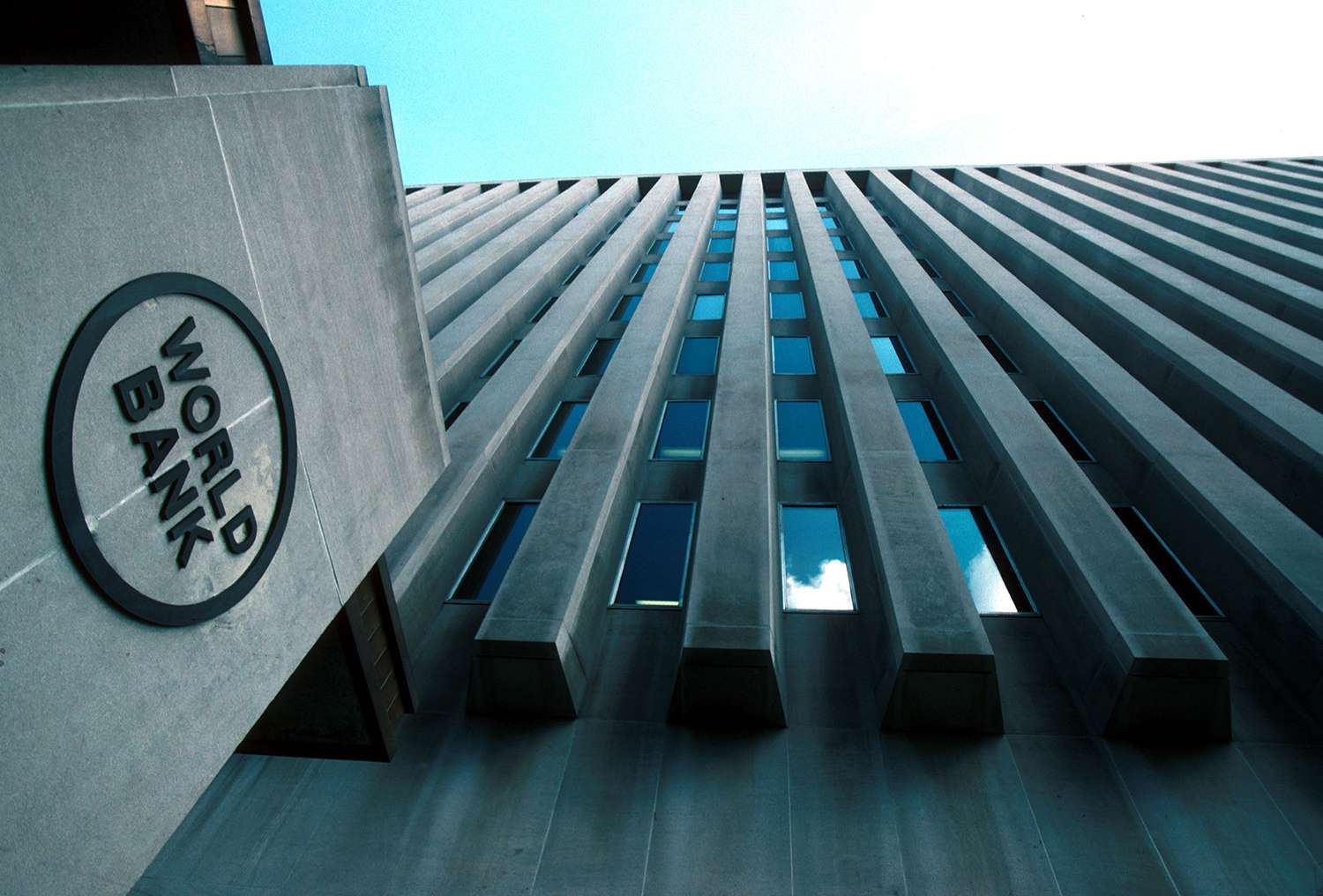World Bank ventures into hybrid note issuance to expand lending capacities

In a bid to ramp up lending efforts amidst mounting global challenges, the World Bank is gearing up to introduce a debut hybrid note worth up to $1 billion in the capital markets this year, as revealed by a senior executive in conversation with Reuters.
Pressure from the G20 coalition of major economies has propelled multilateral lenders to explore innovative financing mechanisms.
This push aims to optimise balance sheets and bolster funding to assist developing nations in confronting crises, notably climate change.
The imminent issuance by the World Bank follows in the footsteps of the African Development Bank (AfDB), which pioneered such instruments with its hybrid capital note in January.
This groundbreaking move by the AfDB, marked by the issuance of deeply subordinated debt-like equity, aimed to carve out a new asset class in the financial landscape.
George Richardson, the Director of Capital Markets and Investment Department at the World Bank Treasury, affirmed plans for a potential pilot transaction within the calendar year.
Richardson emphasised the exploration of novel fundraising avenues, stating, “The proof is in the pudding.”
Assessing the potential ratings for the upcoming instrument, Richardson articulated the World Bank’s conviction that hybrid capital from multilateral development banks would demonstrate superior creditworthiness compared to senior, unsecured bonds, diverging from current rating agency methodologies.
Highlighting the distinction between multilateral development banks and commercial entities, Richardson underscored the robust governance and ownership structures that position them as stronger credits.
Moody’s assigned an AA3 rating to the AfDB’s hybrid issue, three notches below its AAA rated bonds. Market data indicates fluctuations in the trading value of the AfDB hybrid note, reflecting evolving investor sentiment.
As global economic dynamics evolve, the World Bank’s foray into hybrid note issuance signals a proactive stance in navigating financial landscapes to better serve the needs of developing economies amidst pressing challenges.







